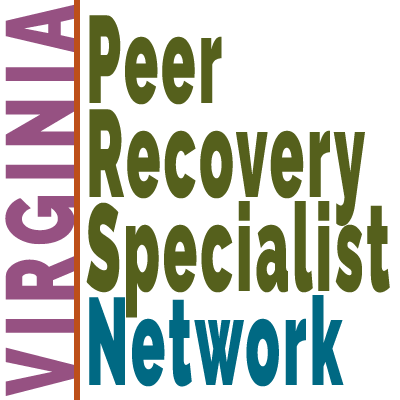Blog
Compassion Fatigue
Have you ever experienced compassion fatigue? Not sure? It might sound something like this:
“If I have to hear her complain one more time about that situation, I am going to scream! I am at the point where I just don’t care anymore. I have nothing left to give her!”
If you have ever thought or said something like this, you may have been experiencing compassion fatigue. That is ok. It’s a natural part of life, in general, and definitely possible to experience while working as a PRS.
What is compassion fatigue?
“Compassion fatigue is a syndrome that occurs suddenly in response to a distressing or traumatic experience. It is relational in nature in that the compassion-fatigued individual is usually co-suffering with internalizing the pain and anguish related to another.” – Vidette Todaro-Franceschi
Quite simply, it is a term that describes the physical, emotional, and psychological impact related to helping others. Many times providing that support causes experiences of stress or trauma. The phenomenon has been linked to professions that involve healing or helping in some capacity, such as medicine, therapy, legal professions, and of course, the work of peer recovery specialists.
How do you identify if you are suffering from compassion fatigue? A few classic signs are as follows: mood swings, experiencing detachment, feelings of anxiety or depression, and trouble sleeping. Each person experiencing compassion fatigue will experience it differently but these symptoms tend to be the universal hallmarks.
What can I do if I decide I am suffering from compassion fatigue?
Vidette Todaro-Franceschi, an authority on the subject notes that, “the first step is to be able to recognize and acknowledge that there is a problem brewing.” Knowledge is half the battle; action is the other half. This means we must get back to basics: self-care. This can look a thousand different ways but it boils down to something we do that restores our sense of mental, physical, and emotional balance. The critical point is restoration. If we are not operating at an optimum place, we run the risk of burnout and the journey back can even be very long and painful.
If you have suffered from compassion fatigue, it is ok. It is not an indictment on you as a person or a peer recovery specialist. If you are currently suffering from compassion fatigue, it is ok. You are a human being. Take some time to evaluate your self-care practice(s) and see if there is room for tweaking and improving those practices in your life. If you are afraid you will experience compassion fatigue, do not fear. It is ok. You have the opportunity to shield yourself from that future experience by practicing consistent self-care now.
In the end, compassion fatigue means one thing: we care. A lot. And sometimes it will require reassessment and purposefully pivoting and realigning our health and wellness so we can support others while not abandoning our own self-care and support!
~ Chris Newcomb

